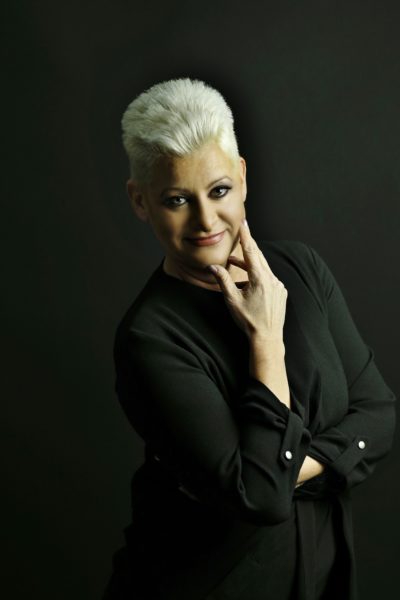COMMENTARY
The Day the Media Bubble Exited Earth's Atmosphere

Jaci Clement
photo by Bob Giglione
Well, things just went from bad to worse in a less than a New York minute.
With so much criticism surrounding the quality of the presidential debates (replay: the rules don’t work, the candidates don’t play nice and the moderators don’t seem to recognize they are roadkill as soon as they hit the stage), a change, any change, should be a step in the right direction.
But let’s remember, this is 2020. Nothing makes sense.
On the surface, news of separate town halls for the candidates by ABC and NBC should have been met with a sigh of relief. A chance for questions to actually be asked, and answers to actually be heard. Admittedly, it is a sad state of affairs when the litmus test for quality is nothing more than a fundamental baseline, but beggars can’t be choosers. Let’s roll with it.
Seriously. THIS?
Instead, the media bubble has been bouncing chaotically about, full of fury and fret that this — THIS — change will do untold damage to the credibility of journalism. Please mark your calendar, as this is the date and time when the media bubble successfully exited the Earth’s atmosphere. Only a severe lack of oxygen to the occupants’ brains can explain this predicament.
The crux of the criticism surrounds scheduling, as the town halls compete with each other, airing on the same date and time. This brings to mind two points: One, there used to be a time when the news media competed against each other. This kept the media on its toes and enabled the public to assess various news outlets’ performances on an apples-to-apples basis. The competition put the spotlight on talent: A combination of skill, experience, subject matter mastery, and overall know-how. It revealed to the public which news outlets and which journalists were actually worth their time.
Come to think of it, when’s the last time anyone accused today’s working news professionals of such a feat? And that’s the point of point one.
We got this.
Now in contrast to the historical strength behind point one, point two brings us right here, right now: Today’s technology not only enables us but encourages us to watch two things at once. Or, watch one, record the other for playback on demand. Really. We got this.
The real concern about tonight’s shindigs should center on the transparency of how the town halls operate (questions and questioners being vetted in advance, to ensure there are no on-air surprises, as well as enough time allotted for each question-and-answer segment to keep the show running on time is usually the norm).
The transparency is what protects journalism’s credibility, and takes the public inside the process, which is exactly where they belong and exactly what they need. Especially in 2020.
